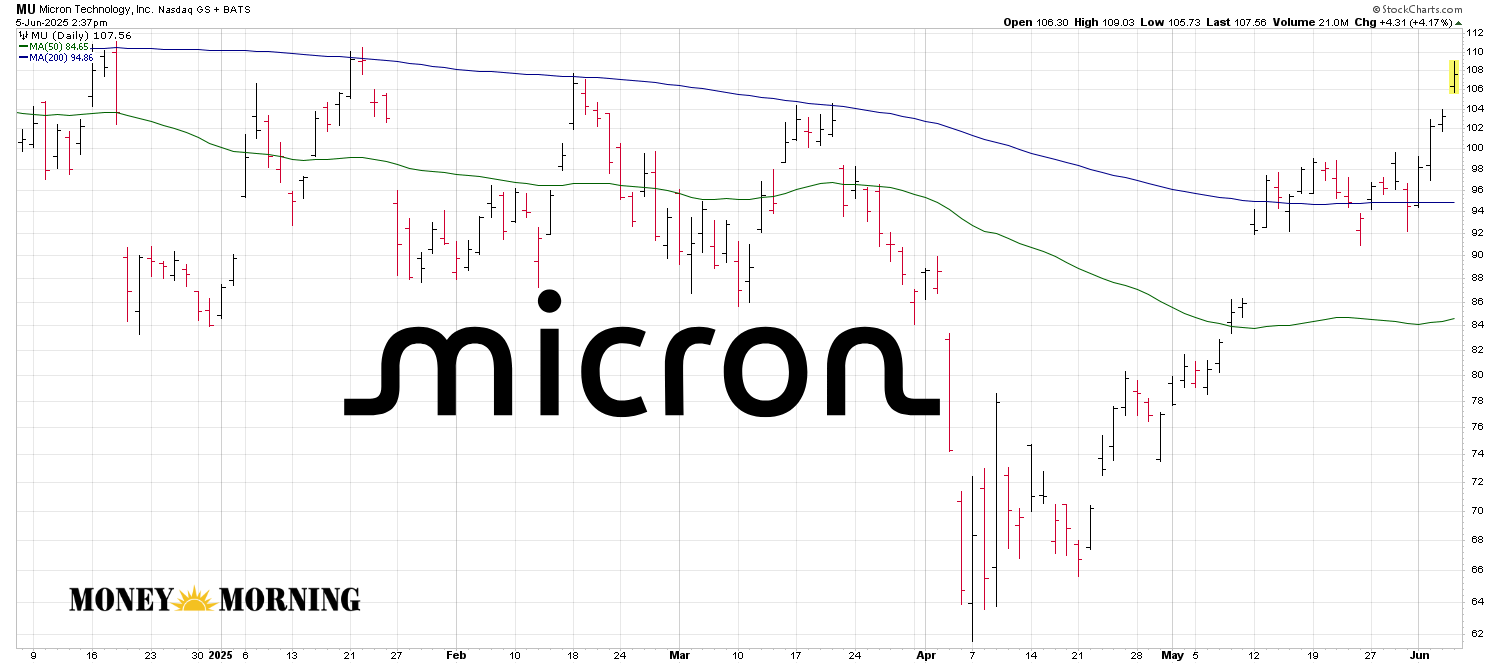Game Changer? Aussie Scientists' COVID-19 Vaccine Tech Shows Promise in Targeting Hidden HIV

The global fight against HIV has faced a persistent challenge: the virus's ability to hide within white blood cells, essentially going dormant and evading treatment. But a breakthrough from Australian scientists might offer a glimmer of hope. Researchers are exploring whether technology developed for COVID-19 vaccines could be adapted to 'kick and kill' this hidden HIV, potentially revolutionizing treatment strategies.
The COVID-19 Vaccine Connection
The innovative approach stems from advancements in COVID-19 vaccine technology, particularly those utilizing mRNA. These vaccines have proven remarkably effective at triggering an immune response against the virus. The Australian team, led by researchers at [Insert University/Institution Name if known, otherwise leave as 'a leading Australian research institution'], has been investigating how similar techniques could be applied to target HIV reservoirs – the places where the virus lurks, undetected by conventional therapies.
Unmasking the Hidden Threat
HIV can integrate its genetic material into the DNA of white blood cells, particularly CD4+ T cells. This creates a 'reservoir' of infected cells that remain even when a person is on antiretroviral therapy (ART). While ART effectively suppresses the virus, it doesn't completely eliminate it. This means that if a person stops taking ART, the virus can rebound, leading to a resurgence of the infection. The challenge has been how to identify and eliminate these hidden reservoirs.
'Kick and Kill' Strategy: A Two-Pronged Approach
The Australian scientists' research focuses on a 'kick and kill' strategy. First, they aim to 'kick' the HIV out of its hiding places within the white blood cells. This involves using agents that disrupt the cells, causing the virus to become more active and visible to the immune system. Secondly, they want to 'kill' the newly exposed infected cells. The mRNA technology being explored could be instrumental in prompting the immune system to recognize and destroy these cells, effectively clearing the viral reservoir.
Early Results and Future Directions
While the research is still in its early stages, initial findings have been encouraging. The team has demonstrated the feasibility of using modified mRNA to stimulate an immune response against HIV-infected cells in laboratory settings. Further research is needed to refine the technology and ensure its safety and efficacy in human trials. This includes identifying the optimal 'kick' agents and developing mRNA vaccines that can effectively target the diverse strains of HIV.
Implications for HIV Treatment and Prevention
If successful, this approach could have profound implications for HIV treatment and prevention. It could lead to a functional cure, where the virus is effectively controlled without the need for lifelong ART. It could also pave the way for new preventative vaccines that offer broader and more durable protection against HIV infection. The synergy between advancements in COVID-19 vaccine technology and the ongoing fight against HIV highlights the power of scientific innovation in tackling global health challenges.
The researchers are hopeful that this novel approach will ultimately contribute to a world free from the burden of HIV/AIDS. Stay tuned for further updates as this promising research progresses.






